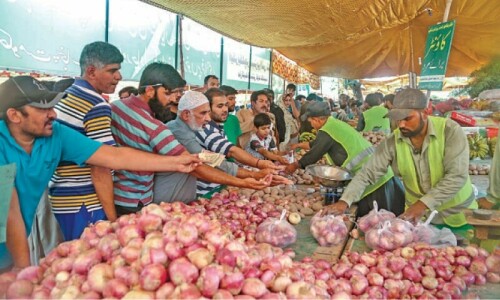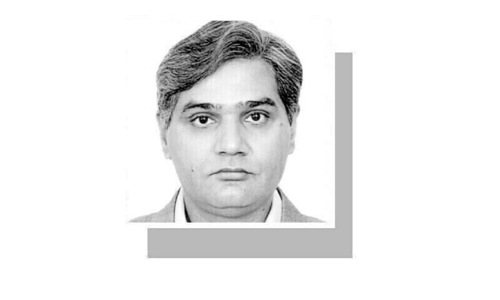TRADITIONAL Chinese villages, the carrier of folk cultures and customs, are dying with the rapid industrialisation and urbanisation of China.
As traditional villages are scattered all over the country, their preservation is more difficult than the protection of the Imperial Palace, according to Lou Qingxi, professor of Chinese ancient architecture at Tsinghua University.
Rich in cultural heritage, the traditional villages are considered the root of Chinese culture and the soul of the Chinese nation, but the dire reality is that they are vanishing at a faster pace than ever before, and at the same time, the lack of funding makes their protection even more difficult.
Liang Hongsheng, a professor from Jiangxi Normal University, is dedicated to the development and preservation of ancient villages and townships in southern China. He has travelled all over the cities and counties within the Jiangxi province in the past 25 years.
From what he has seen, he lamented the fact that the ancient villages of Anyi in Nanchang city, listed as the first batch of famous historical and cultural villages in China, should have been better preserved, but many wooden houses have rotted away due to lack of funding. Without effective protection measures, the villages will soon die out.
In China, more ancient villages remain in the underdeveloped regions because of less exploitation, but local governments there can spare little money on protection.
For those inscribed on the national list of traditional Chinese villages, each receives a subsidy of three million yuan, an amount that is far from enough to bear the cost of maintenance and renovation of the ancient architecture.
Another cause for concern among experts is “destruction in the course of renovation”. In some ancient villages, after the wooden pillars of an old house were damaged by termites, villagers do not have money to buy wood but instead use concrete columns for its reparation. In this way, the original structure of the architecture is compromised.
It is therefore a matter of great urgency to overcome the difficulties in the preservation of traditional villages by integrating resources and spending funds more effectively.
Nowadays, cultural tourism has been introduced to many ancient villages in the less developed areas and it has brought economic benefits to local people.
Su Youquan, an official from Fujian Provincial Commission of Housing and Urban-Rural Development, said that economic benefits, as an outcome of cultural tourism, stimulate the local villagers’ protection awareness about ancient architecture and strengthen their sense of pride in traditional culture, which in turn promotes the protection of their village.
However, experts also emphasised that tourism development should not be carried out at the expense of damage to the original features and appearance of the traditional villages.
In Chaji village in Jing county of Anhui province, the construction of tourist facilities has been built on the periphery of the ancient village to retain its pastoral landscape.
Meanwhile, in Wuyuan county of Jiangxi province, the construction of new residential houses should strictly follow the government planning graph to make sure the features of buildings are consistent with that of the ancient villages.
Besides, some experts also suggest that the protection of the folk culture should be given equal attention in the preservation of ancient villages, because the intangible cultural heritage is the soul.
The preservation of traditional Chinese villages is an urgent matter; it should not just be a government-led effort, the masses are encouraged to join this cause, some experts said.
—By arrangement with China Daily-Asia News Network
Published in Dawn, January 31st, 2015
On a mobile phone? Get the Dawn Mobile App: Apple Store | Google Play


















































